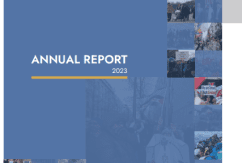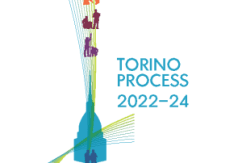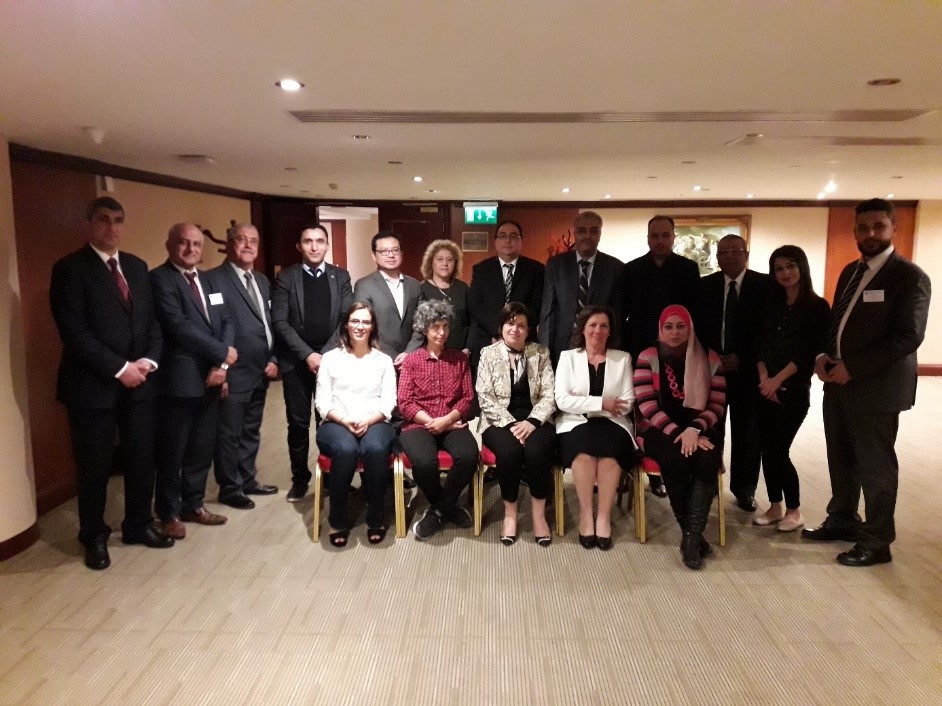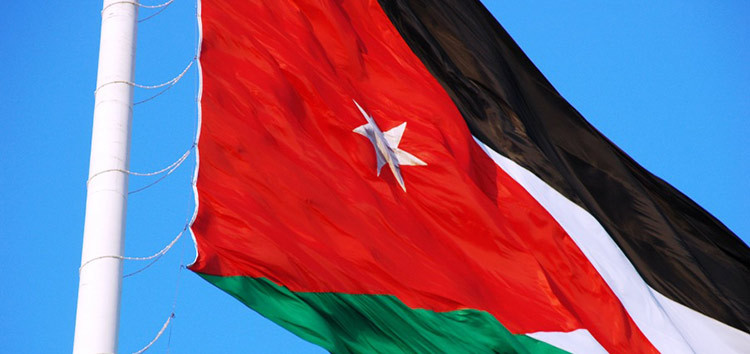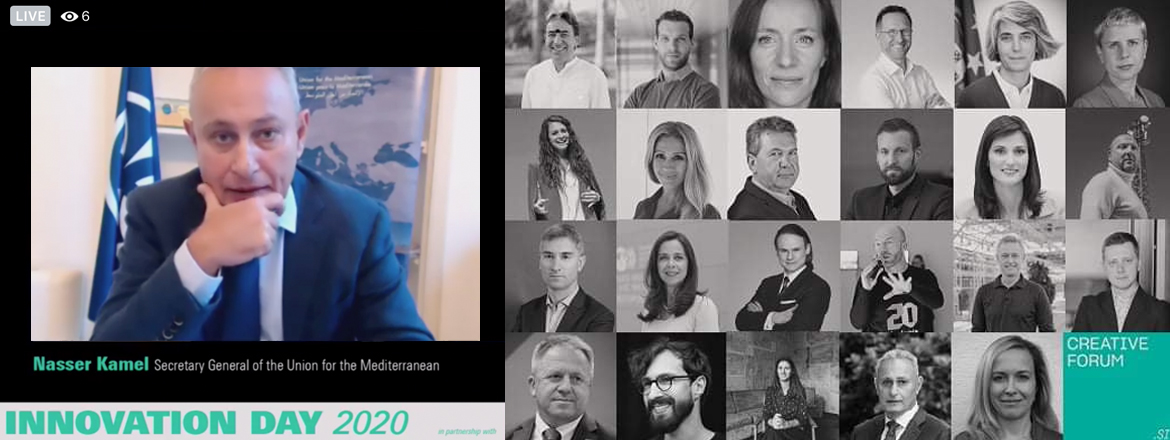Brussels Conference on “Supporting the Future of Syria and the Region” agrees holistic approach to the crisis and €5.6 billion in pledges for 2017
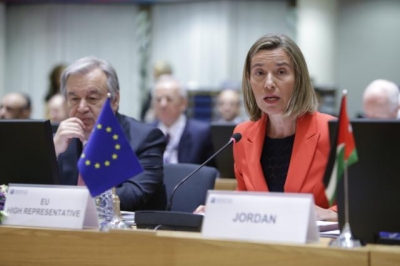
Wednesday’s Brussels Conference on “Supporting the Future of Syria and the Region” agreed a holistic approach to handling the Syrian crisis, including massive financial assistance to respond to the humanitarian situation, backing for political work towards a resolution of the crisis, and a long-term vision to support a peaceful and stable future for Syria and the wider region, EU High Representative Federica Mogherini said at the end of the conference, which she hosted and co-chaired with the United Nations, Qatar, Norway, Kuwait, Germany and the United Kingdom.
The conference, which brought together representatives of more than 70 countries and international organisations as well as international and Syrian civil society, agreed pledges for this year of €5.6 billion euros, including €1.3 billion from the EU, which remains by far the largest donor to the crisis. The EU also committed to maintain similar levels of support in the future, amounting to €560 million for 2018 for Lebanon, Jordan and for humanitarian work inside Syria, and to maintain its level of engagement also in 2019.
“Today’s Conference has agreed on a holistic approach to the Syrian crisis,” said the High Representative. “The scale of suffering is such that a political solution is more urgent than ever before. Investment of political work in supporting a resolution to the crisis is key in securing a future, any future, but especially a free and democratic future for Syria and its people. Only Syrians can make the agreement that will secure peace… Sustainable and inclusive peace in Syria for the Syrians remains the objective of all our common work.”
The Conference condemned the use of chemical weapons by the government and Da’esh, as identified by the UN Organisation for the Prohibition of Chemical Weapons Joint Investigative Mechanism, and the attacks on Khan Sheikhun on Tuesday, and called for it to cease immediately. “There must be no doubt that those responsible for violations of international humanitarian law or human rights – whoever they are – will be held accountable,” Mogherini stressed.
Delegates gave their full support to the Geneva peace talks and commended and encouraged the work of the UN Special Envoy for Syria, Staffan de Mistura. They also stressed the role of civil society, including women’s organisations, as a key part of a lasting solution.
Attention was given also to the importance of achieving full compliance with the ceasefire agreed at the Astana meetings and the conference recognised the special role and responsibility that the three guarantors – Russia, Turkey and Iran – hold when it comes to its full implementation.
The third theme of the Conference was a recognition of the important role played by the neighbouring countries, especially Jordan, Lebanon and Turkey. Documents were agreed, setting out mutual commitments between Lebanon and Jordan and the international community.
“In particular we need to support the economic development of neighbouring countries to address the impact of the protracted crisis as well as opportunities for Syrians to secure their livelihoods. We need to increase our work to reach the goal of getting all refugee children, vulnerable children in host communities and children in Syria into quality education. No lost generation can be accepted. Practical steps were agreed today to make this happen,” said the High Representative.
“Finally – the fourth theme – we highlighted that reconstruction and international support for its implementation would be a peace dividend – a very powerful one – but only once a credible and inclusive political transition is firmly underway,” Mogherini concluded.
Read more









